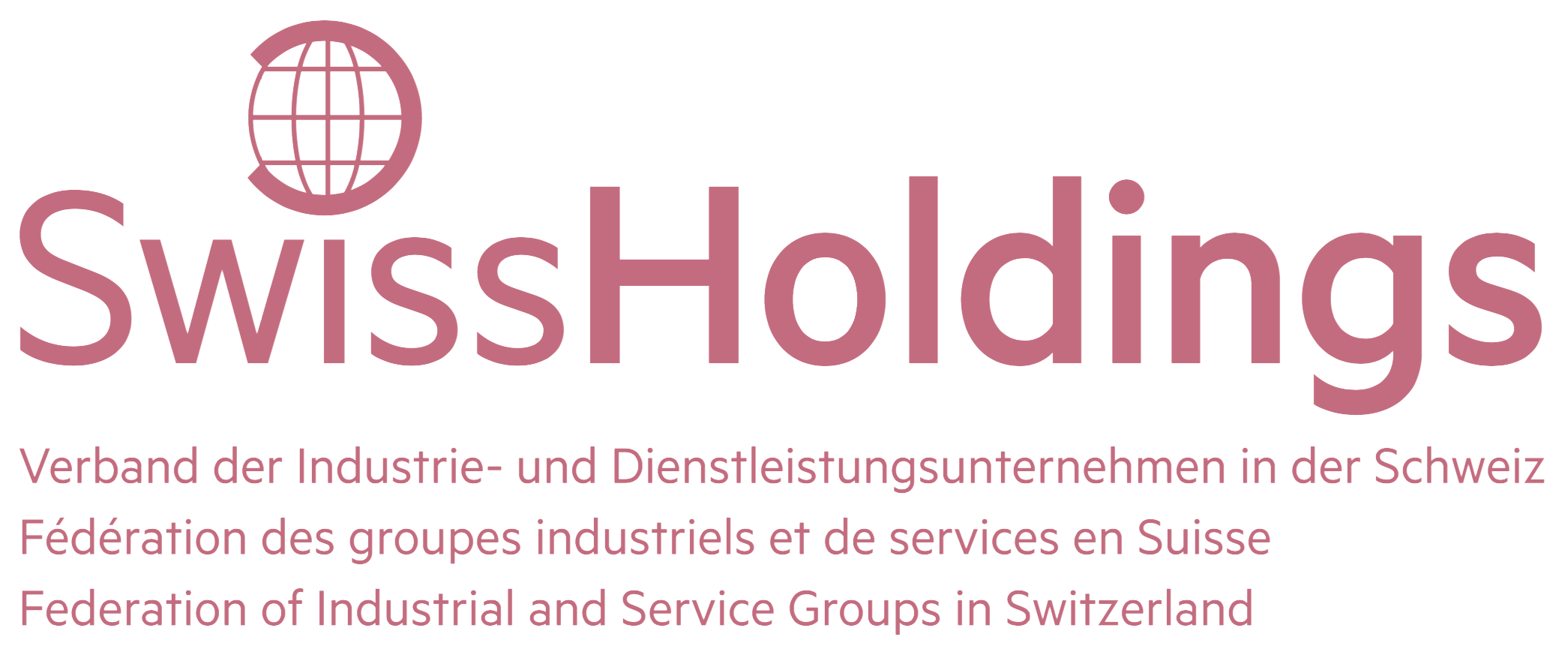This is an automatic translation, which is why errors may occur.
Yesterday, the WAK-S dealt with the OECD tax reform and discussed it to the end. The commission largely followed the dispatch proposed by the Federal Council and made only minimal material adjustments. It has become clear that the proposal is fundamentally uncontroversial in the Economic Commission. SwissHoldings clearly welcomes the current course of the consultation.
Yesterday, the pre-consultative Committee for Economic Affairs and Taxation of the Council of States (WAK-S) dealt for the second time with the federal decree on a special taxation of large corporate groups (implementation of the OECD/G20 project on the taxation of the digital economy), finalized its deliberations and clearly adopted it in the overall vote by 12 votes to 0 with 1 abstention. This means that the bill was uncontroversial in the Commission as a whole. This clears the way for discussion in the Council of States in the upcoming fall session (September 12-30). The reading in the Second Council and any revision of differences is scheduled for the winter session (Nov. 28 – Dec. 26). The parliamentary deliberations will thus already be completed this year and SwissHoldings will closely monitor the content. The mandatory referendum on the amendment of the Federal Constitution will take place in June 2023.
WAK-S wants 75/25 distribution of gross income from the supplementary tax
The WAK-S decided by 9 votes to 2 with 2 abstentions that 75 percent of the gross proceeds of the supplementary tax should go to the cantons to which the business units belong for tax purposes, according to the dispatch. 25 percent is to go to the federal government. The 75/25 distribution decided is a compromise of the cantons (FDK) and can be supported by SwissHoldings, although in principle an allocation of 100 percent to the cantons would have been desirable. The cantons must be given the necessary room for maneuver in terms of fiscal policy so that they can maintain their attractiveness to their best taxpayers and employers even after the tax reform has been implemented.
The introduction of minimum taxation as part of the OECD/G20 project on the taxation of the digital economy will lead to a paradigm shift in the location competition between states for the most profitable corporate functions. The “profit tax” factor will lose importance and tax competition in this area will decrease. Numerous cantons will thus partially lose one of their most important locational advantages, to which they will have to respond with substitute measures and instruments. The current bill creates the necessary room for maneuver and design.
During its deliberations on the matter, the WAK-S refrained from adopting corresponding requirements or recommendations for the cantons. In our view, this is the right way to go.
For more information on the OECD Digital Taxation Project, please see the SwissHoldings dossier OECD Digital Taxation Project.
For information:
Dr. Gabriel Rumo │ Director │ 079 712 20 20
Martin Hess │ Head of Taxes, Member of the Executive Board │ 078 805 04 95
Pascal Nussbaum │ Head of Communications & Public Affairs │ 079 798 52 40

